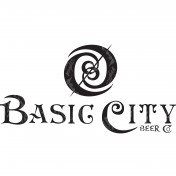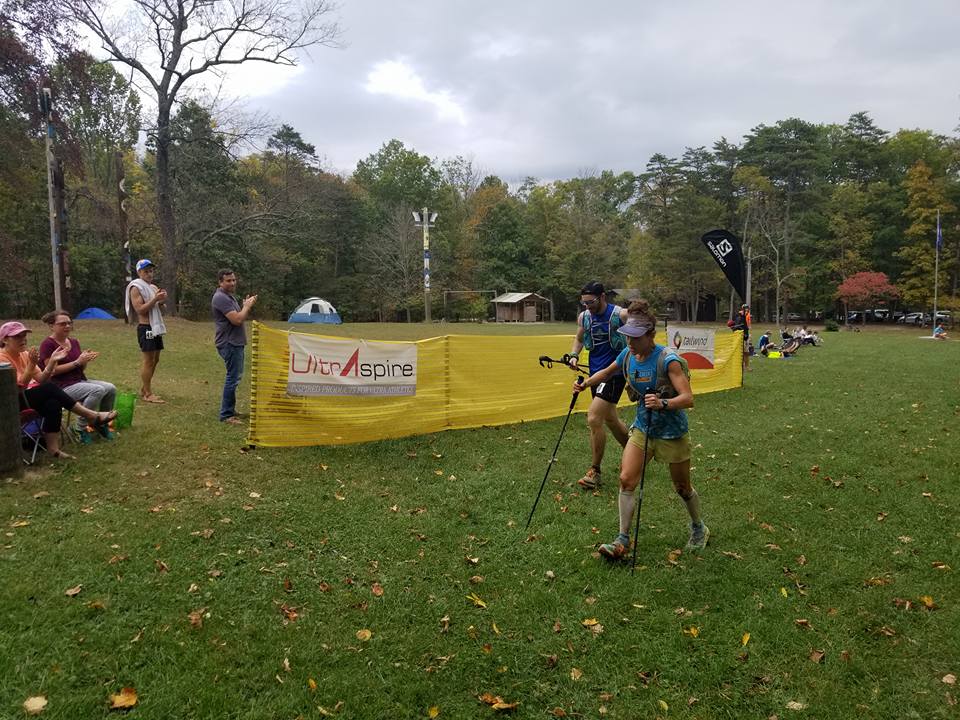 I recently became aware of a qualification policy implemented by the High Lonesome 100 Mile race organization in 2021. The policy, which identifies the races that serve as qualifiers for High Lonesome, states that in order to qualify for the 2023 edition, runners need to meet one of the following four standards:
I recently became aware of a qualification policy implemented by the High Lonesome 100 Mile race organization in 2021. The policy, which identifies the races that serve as qualifiers for High Lonesome, states that in order to qualify for the 2023 edition, runners need to meet one of the following four standards:
- Finish a 50-mile or 100-kilometer trail race between 1/1/2022 and 12/31/2022 (No UTMB races allowed.).
- Finish a 100-plus-mile trail race between 01/01/2020 and 12/31/2022 (No UTMB races allowed.).
- Finish the 2022 Sawatch 50/50.
- Reach at least Hancock during the 2022 High Lonesome 100 Mile under cutoffs.
The policy goes on to provide an explanation of why the event excludes UTMB races from their qualifying events:
“Due to UTMB’s partnership with Ironman, we no longer feel that their company or races reflect the values of this sport. Additionally, they consistently fail to take action on key needs in the sport, namely around gender equity, pregnancy deferrals, and transgender/non-binary entries. For a race with millions of dollars and a platform at the top of our sport, they continually demonstrate that their priorities are out of touch with the sport. As such, we will not recognize any UTMB finishes as qualifiers and encourage runners to seek out races that prioritize the community, sport, and environment instead of those whose sole objective is maximizing revenue.”
As someone who has been around the sport now for over three decades, I understand that race organizers can make any decision they wish regarding the rules surrounding their events and, indeed, in the past, events have excluded other events for a whole host of reasons. That said, I find this policy particularly intriguing and provocative.
There is no doubt that UTMB — and the entire series of races that it has spawned — is big business. The money involved in producing these events must be extraordinary. Furthermore, many in the ultrarunning community have felt cause to question the motives behind UTMB’s partnership with the Ironman Group, which was initiated in 2021. High Lonesome’s policy is clearly an example of this.
From my perspective, however, I have a couple of concerns with respect to this policy and potentially the others that may emerge from it.
First, it is divisive. Whether intended or not, High Lonesome’s policy has the effect of dividing the running community into “UTMB runners” and “non-UTMB runners.” By forcing athletes into making this black-or-white choice, High Lonesome is perpetuating the divisiveness we see in so much of society today. Who’s to say that the random 100k trail race that I choose to run as my High Lonesome qualifier is 100% reflective of the values of the sport? Why not, instead of pointing fingers specifically at a single group of races, just provide a list of accepted qualifiers like Western States 100 and Hardrock 100 does? That would be far less pointed and would allow runners to make their own decisions without biasing them in one way or another.

The 2022 UTMB men’s podium (l-to-r): 2. Matthieu Blanchard, 1. Kilian Jornet, and 3. Tom Evans. Photo: iRunFar/Bryon Powell
Second, it is assumptive. How do I know that the values of UTMB and Ironman do not “reflect the values of the sport?” I understand that from the outside looking in, the UTMB/Ironman partnership appears, to some, like an attempt to increase commercialization in the sport and allow for-profit races to prosper while the little guy suffers. But, in the end, how do we truly know that this approach will necessarily compromise the values of the sport? In fact, is it possible it could even enhance them?
Let’s take the example of the Grindstone 100 Mile in Virginia, which recently announced that it was becoming the Grindstone Running Festival by UTMB. I have been around Grindstone as a runner and volunteer for over a decade, and I can say with certainty that it is about as down-home as they come. Race director Clark Zealand and his team create a memorable and meaningful event for hundreds of people every year in the true “spirit of ultra.” Engaging the local community in the race, caring for the precious environment the race passes through, and treating every runner equally are all signature hallmarks of Grindstone. Instead of immediately labeling Grindstone a sell-out and banning it from a qualifying list, how about we give it a chance? Perhaps a chance to redefine what a “by UTMB” race is and could be? Wouldn’t that be in keeping with our sport’s values — to be as inclusive as possible?
Perhaps I am naïve, but I envision UTMB/Ironman saying to Clark, “Hey Clark, this is your race, and we want to learn from you.” Sure, I suspect that they will bring in their marketing and production teams and all that entails, but I also can’t imagine Clark agreeing to become a UTMB race without certain expectations that the race is allowed to maintain the integrity he has built up over the years.
I firmly believe that it behooves us all to be patient, like all successful ultrarunners are, and to let this play out before rushing to judgment and forcing people to take sides. Too much of the world is divided into rival camps these days. I like to think that, regardless of motives or appearances, our sport can transcend this societal tendency and find peace in the middle — provided we give it a chance.
Bottoms up!

Jia-Ju Zhao, men’s winner of the 2022 Doi Inthanon Thailand by UTMB — one of the multitudes of diverse events that form the UTMB World Series. Photo: Doi Inthanon Thailand by UTMB
AJW’s Beer of the Week
 This week’s Beer of the Week comes from Basic City Beer Company in Waynesboro, Virginia. It’s not often you find a classic British beer in an American craft brewhouse these days, but at Basic City, you can find Uncle Jim’s Tavern Ale ESB. It’s an extra special ale that brings me back to my days studying in Yorkshire, Uncle Jim’s is a warm traditional style ale made with 100% British ingredients, and well worth a stop if you’re passing through Waynesboro on the way to Grindstone.
This week’s Beer of the Week comes from Basic City Beer Company in Waynesboro, Virginia. It’s not often you find a classic British beer in an American craft brewhouse these days, but at Basic City, you can find Uncle Jim’s Tavern Ale ESB. It’s an extra special ale that brings me back to my days studying in Yorkshire, Uncle Jim’s is a warm traditional style ale made with 100% British ingredients, and well worth a stop if you’re passing through Waynesboro on the way to Grindstone.
Call for Comments
- What are your thoughts?
- Do you agree with the qualification policy of High Lonesome and its reasoning?
- Or do you agree with the author that perhaps a little more time and conversation might be needed on this issue?
- Do you think it’s possible that we as a community might be able to find a way toward a shared set of values present in all trail races and ultramarathons, regardless of their ownership and operation?


